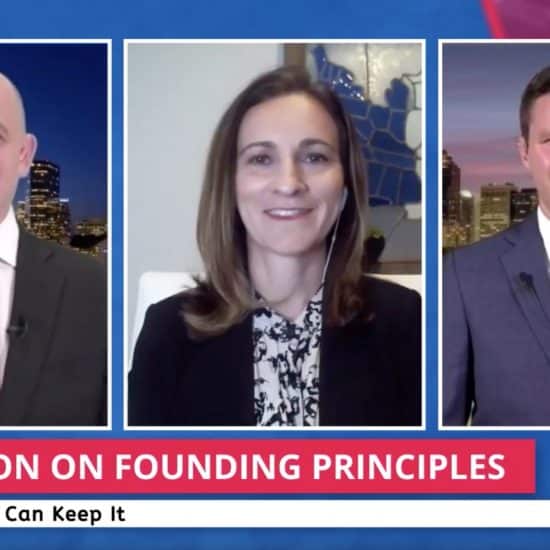As my wife and I made our way through tornado-devastated neighborhoods in Joplin last week, she overheard an encounter with a rescuer cradling a dog. It went something like this:
“I found this poor dog wandering around and I would like to get it back to the owners. But if the owners cannot be found or something has happened to them, this dog has a home. I’ll be glad to keep him and take care of him.”
Until the tornado attack on May 22, the mention of Joplin, Mo., evoked memories of one of Bonnie and Clyde’s hideouts in a garage apartment and a subsequent shootout killing two peace officers.
Joplin is known as the birthplace of poet Langston Hughes, actors Dennis Weaver (of “Gunsmoke” fame) and Robert Cummings, and others who distinguished themselves in athletics, journalism, music and women’s rights advocacy.
Since May 22, Joplin has been known to the world as the site of the most deadly single tornado in America since such records have been recorded.
In the midst of and in the aftermath of that tornado, heroes emerged from this city of about 50,000 residents. Several endangered their lives in efforts to protect family members and strangers alike; some of those heroes lost their own lives.
Minutes after the tornado’s attack, passersby descended on a badly damaged church (Harmony Heights Baptist) to pull 50 people out of the rubble, lifting boards and beams to get to them. That kind of rescue effort by professionals and caring neighbors was played out all over town.
Medical personnel from far and wide heeded the call for assistance in the hours immediately following the storm, and hospitals from all around took in injury victims. Many among the volunteers were Joplin residents themselves.
Joplin will need and receive assistance from the state and federal government and from countless people and organizations from across the country and probably beyond. But my initial impression is that this is a community of people not sitting around with their hands out.
Residents all have a stake in this disaster. Almost everyone knew someone who perished in the tornado, and a significant number of those were family members. They are taking time to bury the dead but wasting no time in rebuilding the city.
On a sunny afternoon just four days after the traumatic hit, church groups and others were showing kindness by making available free meals, moving through the devastated neighborhoods handing out cold bottled water and offering to help recover what few personal items that were still retrievable from homes.
Chaplains and counselors circulated among victims to help them through grief from the loss of loved ones and friends, and the loss of homes and businesses. Medical professionals set up roadside tents and flagged down passersby to administer tetanus shots. Anywhere there was a need, people appeared to be responding.
Missouri Disaster Relief volunteers put their chainsaws to work, prepared meals for the homeless and did their share of comforting. Churches modified current plans to focus attention for the short term and the long-term task of helping the community rebound.
Compassion and a spirit of this-won’t-defeat-us is perhaps typical of people in the heartland, but it will ensure that character and resolve are what will evoke thoughts in the years ahead when the city of Joplin is mentioned. Reeling from the massive tornado’s punch, the community is already distinguishing itself.

